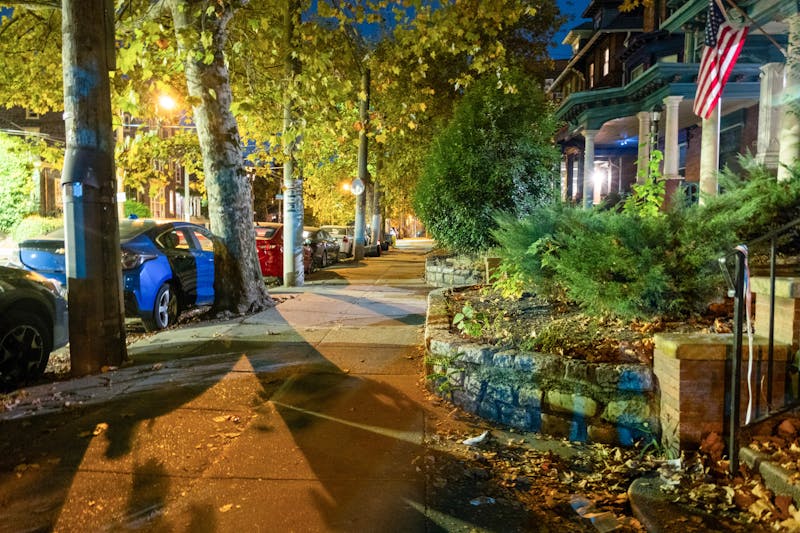An 11th-hour donation has saved the oldest home for the blind in America from closing after 127 years of operation. The Edith R. Rudolphy Residence for the Blind faced a $120,000 budget shortfall and planned to close and sell the property this year. But now Rudolphy will survive at least for another year, thanks to WWDB-FM talk radio personality Irv Homer. Homer raised the $100,000 through an on-air fund raiser, according to Carole Leopold, Rudolphy's executive director. And Rudolphy will continue to provide three meals a day, laundry, housekeeping and social services for its 30 residents. Located across the street from Presbyterian Hospital, the weather-worn brick facade that stands guard over 3827 Powelton St. seems like an anachronism. A $120,000 deficit -- a mere addendum on the University of Pennsylvania Health System's budget -- would have caused Rudolphy to close forever. And without the money, the residents -- many of whom have other handicaps including mental illness and cerebral palsy -- would have had to find another place to live. "I don't know where I'd go," said Marilyn, a Rudolphy resident for the past 22 years. Marilyn has worked for the Department of Welfare as a telephone operator. But she said that she had to overcome many obstacles to get her job. Marilyn, whose hobbies include reading Braille romance novels and books on psychology, said she has no family other than her friends at Rudolphy. Sighted people often do not realize the difficulties of the visually handicapped, Leopold said. For example, she said employers do not realize SEPTA Paratransit, a handicapped accessible van, requires reservations one week in advance. This makes them insensitive to their handicapped employees' commuting arrangements. Albert, 59, who came to Rudolphy in 1992, said that he was satisfied with the home. Still, he said he wished that he could have a job and earn some money. "I can't even go to Atlantic City and gamble," he added. A workshop had been built in 1987 to hire up to 60 people, but the area has now become a thrift shop staffed by only four employees because of a lack of funding. "The residents were so depressed -- they had no other place to live," said Physics Professor Gerald Dolan, who volunteered at the home during the summer. Dolan said that for some, Rudolphy has been their home for their entire adult life. The residence, which has 18 empty rooms due to budget deficits, receives no money from the federal government. Leopold said the residents pay only what they can afford -- which is often only social security and disability benefits. These fees cover only half of the operating budget, according to a brochure on the institution. The remainder of the operating budget is provided by foundation grants, private donations, and charitable organizations, such as the Lion's Club, Leopold said. Rudolphy always welcomes student volunteers, Leopold said, even if it is only for two hours a week to read mail for the residents. "They look forward to visitors all week," she said. Often the residents just want to take a walk or buy some cigarettes, Dolan said. Homer was unavailable for comment.
The Daily Pennsylvanian is an independent, student-run newspaper. Please consider making a donation to support the coverage that shapes the University. Your generosity ensures a future of strong journalism at Penn.
DonatePlease note All comments are eligible for publication in The Daily Pennsylvanian.







